Discover effective methods to eliminate stubborn oil stains from your garage floor, restoring its pristine appearance.
Cleaning oil off your garage floor doesn’t have to be a daunting task. With the right materials and techniques, you can remove those stubborn stains and restore your garage floor to its original condition.
This article will guide you through the process step by step, providing you with all the necessary details. From choosing the right cleaning agents to the application process, you’ll find everything you need to know to effectively clean oil off your garage floor.
So, let’s roll up our sleeves and get started.
Key takeaways:
- Eco-friendly degreasers are effective and environmentally friendly options for cleaning oil stains.
- Industrial grade degreasers are powerful but require safety precautions and proper disposal.
- Homemade solutions like baking soda and laundry detergent can be cost-effective alternatives.
- WD-40 can help lift fresh oil stains, but may not work on older or deeply ingrained stains.
- A three-step method involving absorbent material, scrubbing, and a degreaser is a simple and eco-friendly approach to cleaning oil stains.
Preparation for Cleaning Oil Off Garage Floor
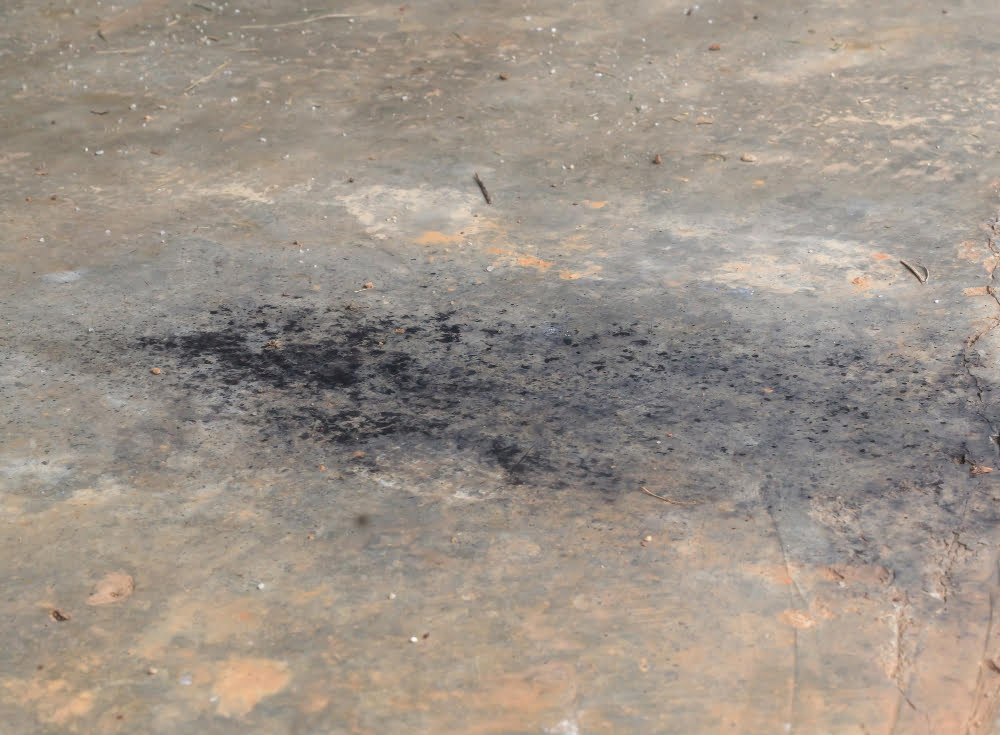
Before diving into the actual cleaning process, preliminary steps are essential. First, identify the stain’s size and severity, as this could dictate your approach. For a large or old stain, an industrial-strength degreaser may be necessary, while a recent spill could be managed with less potent solutions.
Next, ensure the stained area is free of any physical debris. Sweep away any objects or dust that might interfere with the application of your cleaning solution. Lastly, you’ll need to gather your cleaning supplies. Depending on the method you choose, this could include products such as eco-friendly degreasers, industrial degreasers, or even homemade solutions.
In all instances, rubber gloves and good ventilation are an absolute must for safety. It’s better to err on the side of safety when working with cleaning chemicals. Having followed these preparatory steps, you’re ready to tackle the stain head-on.
Eco-friendly Degreasers for Oil Removal
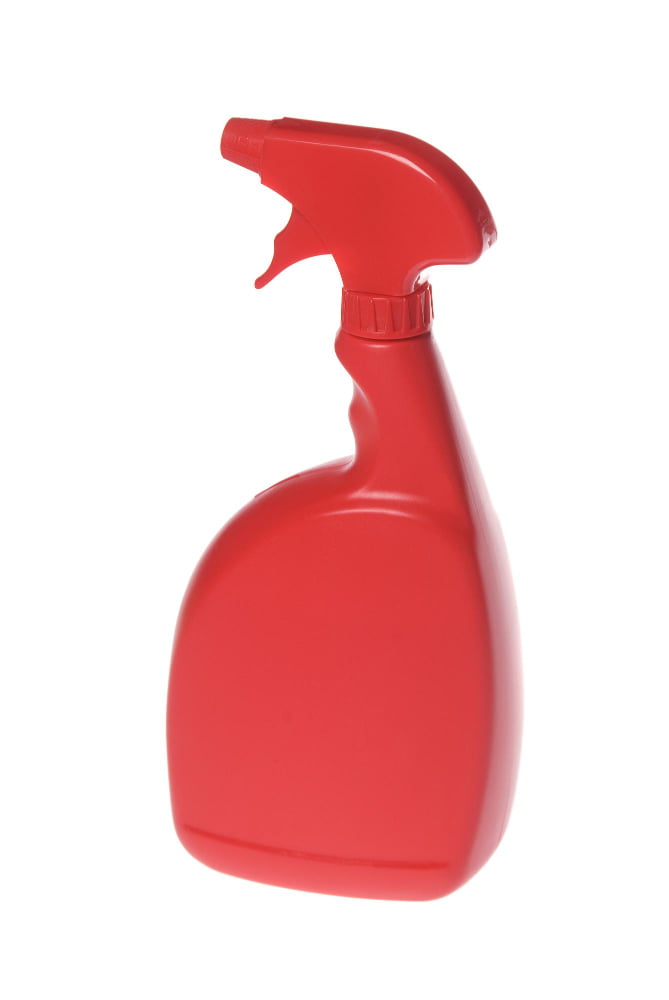
Plenty of eco-conscious alternatives are available that cut through stubborn oil stains while ensuring minimal impact on the environment. One such option is Oil Eater Original, an all-purpose degreaser, non-toxic, acid-free, and biodegradable. Apply it on the stained garage floor, let it soak, then scrub off for an impressive clean surface.
Another worthy choice is Simple Green Pro HD. As a multipurpose cleaner and degreaser, it promises a powerful clean without harsh fumes or chemical residue. It’s safe for both indoor and outdoor usage and is equally potent on oil, lubricants, and dirt.
Consider EXIMO Waterless Concrete Cleaner if you’re seeking a powdered formula. This cleaner seeps into the pores of the concrete breaking up oil and grease, ultimately making it easier to sweep away. The best part? No water required.
If you’re dealing with heavy stains, Krud Kutter is an effective, water-based, biodegradable formula. Despite its robust cleaning power, it complies with EPA standards for safer chemical products.
Remember, when using any degreaser, make sure to carefully follow the instructions provided with the product, wear protective gloves, and ensure good ventilation in your garage.
Industrial Grade Degreasers to Clean Garage Floor
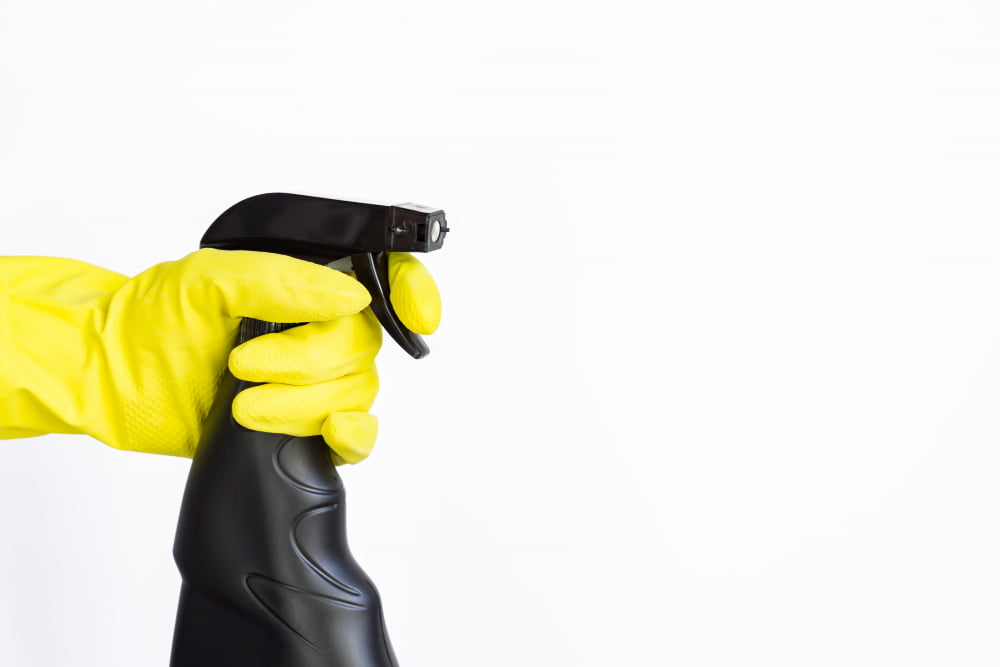
Industrial grade degreasers pack a powerful punch when it comes to tackling stubborn oil stains on garage floors. Showcasing superior strength compared to household or eco-friendly variants, they break down oil residues quickly and effectively.
Key factors to keep in mind when using these cleaners are:
- Safety Measures: While impressively efficient, industrial degreasers can be quite harsh. Always ensure personal safety by wearing protective gloves and eyewear during the cleaning process.
- Dilution: Most industrial grade degreasers need to be diluted with water before use, following manufacturer’s instructions.
- Application: A bristle brush or broom can be utilized for spreading the cleaner over the stained area, allowing it to penetrate into the concrete.
- Adequate Ventilation: These degreasers often emit potent fumes. Ensure the garage is well-ventilated during the cleaning process.
- Proper Disposal: After scrubbing, dispose of the dirty water carefully to avoid causing environmental damage.
Remember, for deep or aged stains, repeated applications may be needed.
Homemade Solutions for Oil Stain Removal
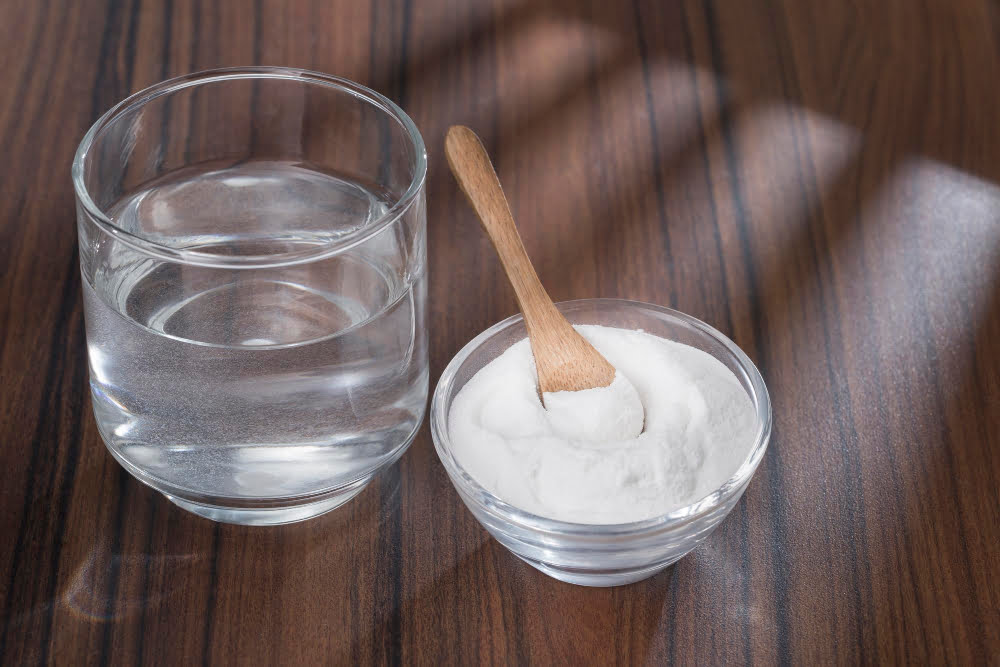
Creating your own garage floor cleaner can be a cost-effective and eco-friendly option. The first go-to solution is a mixture of baking soda and water. Sprinkle baking soda across the stain and slowly add water to form a paste. Leave the paste to work its magic for about 30 minutes.
For stubborn areas, consider using a scrub brush to penetrate deeper into the concrete pores. After you’ve finished, rinse the area with water. Another homemade cleaning solution involves mixing a gallon of warm water with a cup of laundry detergent. Scrub the stained area with this solution, making sure to cover the whole stain.
Remember, before you use any type of cleaner, ensure that your garage is well ventilated and you wear protective gear, such as gloves. These homemade solutions are less harmful than chemical cleaners, but it’s still important to take precautions.
Remember to test a small, hidden area first to make sure the homemade solution does not discolor or damage your garage floor.
Does WD-40 Remove Oil Stains From Concrete?
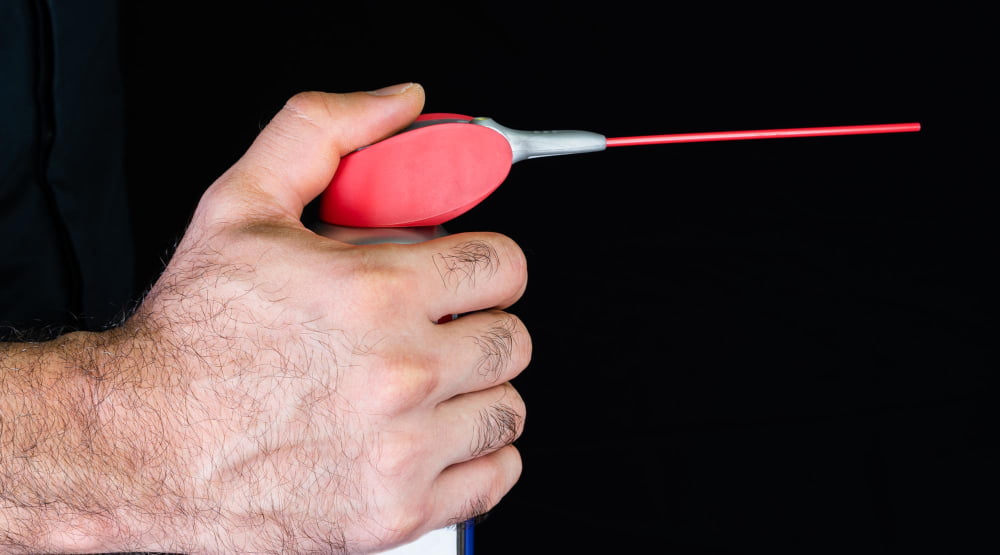
While WD-40 is renowned for its versatility on household tasks, it’s not typically the go-to solution for oil stains on concrete garage floors. Although it does have properties which allow it to infiltrate and break down oil-based substances, the results might vary depending on the age and concentration of the stain.
Here are key points to consider:
- 1. Fresh Stains: If employed promptly, it can lift up some of the oil, making subsequent cleaning easier.
- 2. Old Stains: WD-40 tends to struggle with deeply ingrained, older oil stains that have had time to soak into the porous concrete surface.
- 3. Preparation: Before using, sweep away any particulate matter from your garage floor to ensure the WD-40 can interact directly with the stain.
- 4. Towel and Scrub: Post application, use a scrub brush to work the WD-40 into the stain, then blot with an absorbent cloth or paper towel to remove the oil it has helped to lift.
- 5. Bear in mind, the site may require a secondary, conventional cleaning method to entirely eliminate the stain afterwards.
In conclusion, while not a definitive solution to oil stains, WD-40 can be used as a preparatory measure to facilitate subsequent cleaning efforts.
Three-Step Method for Cleaning Oil From Garage Floor
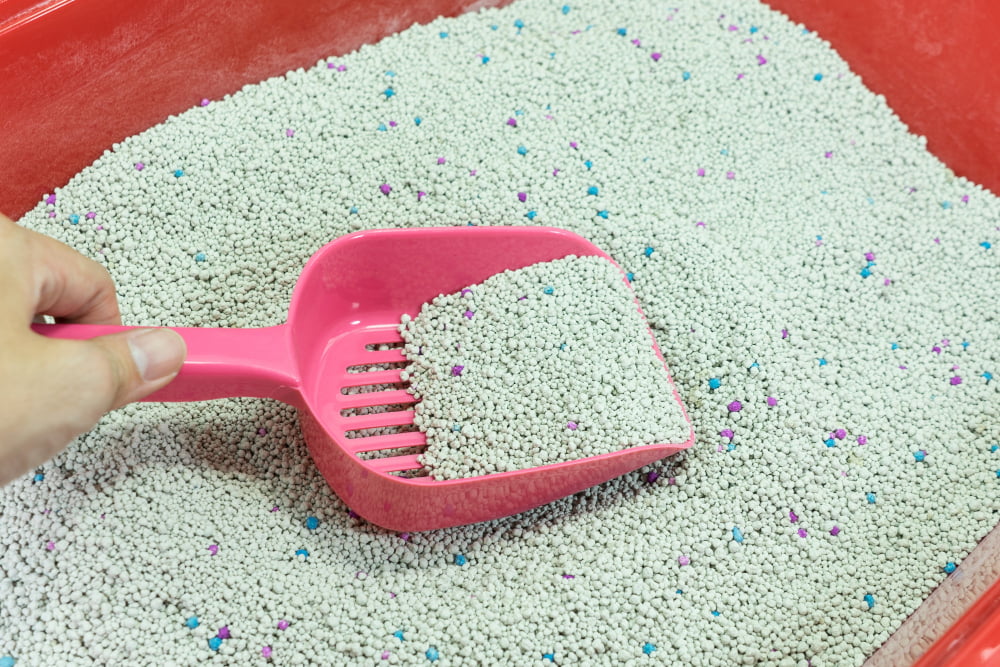
To kick-start the process, sprinkle an ample amount of absorbent material such as cat litter, baking soda, or cornstarch onto the oil stain. Let it sit for several hours or overnight for severe stains, allowing the absorbent material to soak up as much oil as possible.
Next, sweep up the absorbent material with a broom and dustpan. If remnants of the stain linger, a brush and some warm soapy water usually suffice. Scrub the area vigorously then rinse with water.
In the case of a stubborn stain, a degreaser or detergent mixed with hot water should be used. Apply the solution to the stained area, let sit for about 25-30 minutes, and then scrub with a rigid brush. After scrubbing, rinse the area with hot water. The combination of the hot water and the detergent will break down and remove the residual oil. Avoid letting the water-oil mixture drain into the sewer to respect environmental regulations.
Remember, protective gloves and eyewear should be worn during this entire process to protect your hands and eyes from potential harm. This three-step method is a simple, cost-effective, and eco-friendly way to deal with oil stains on your garage floor.
How Vinegar Can Be Used for Oil Stain Removal
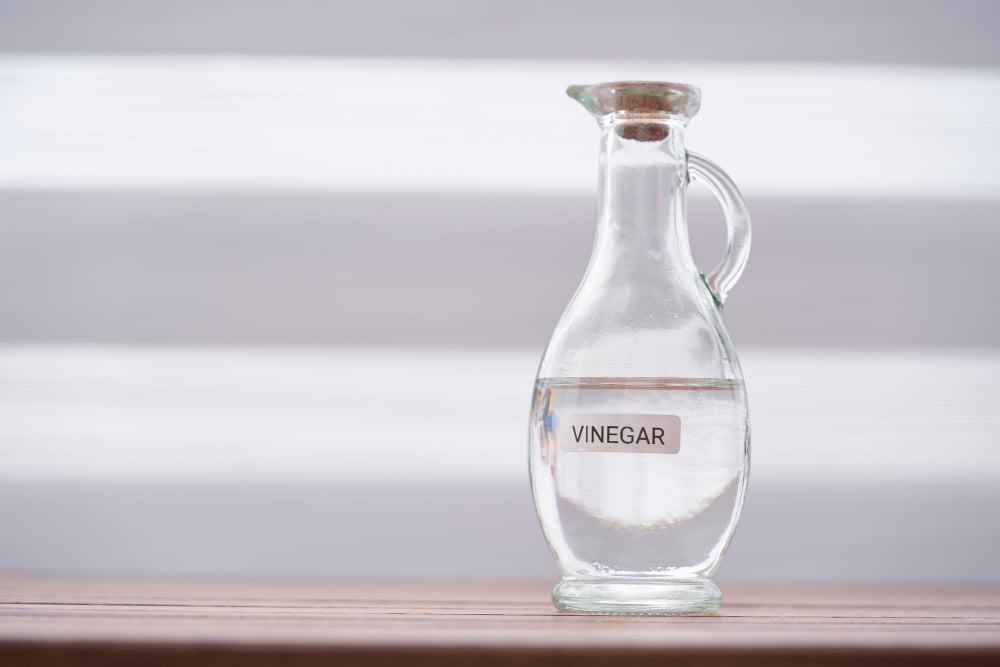
Vinegar’s acidic properties make it effective at dissolving oil stains. It’s a common household item which makes it handy and cost-effective.
To start the cleaning process, you’ll need to sprinkle baking soda over the stained area; this serves to absorb the excess oil.
Once that’s done, let’s move to the next step – dampen the baking soda with white vinegar. This combination will create a paste that helps in lifting the oil off the concrete. Ensure that you reasonably apply this paste to cover the stain completely.
Allow this paste mixture to sit on the stain for about fifteen minutes to bind with the oil thoroughly. When the waiting period lapses, using a stiff brush, scrub the stain until it starts to fade. Rinse with warm water and assess the area. If the stain persists, repeat the process until the oil completely disappears.
One thing to note about vinegar is that while it’s an excellent cleaner, it may potentially discolor your concrete. Therefore, it’s always a good idea to do a small spot test on an inconspicuous area first to ensure it doesn’t alter your garage floor’s color.
Consideration of Different Cleaning Methods for Oil Stains
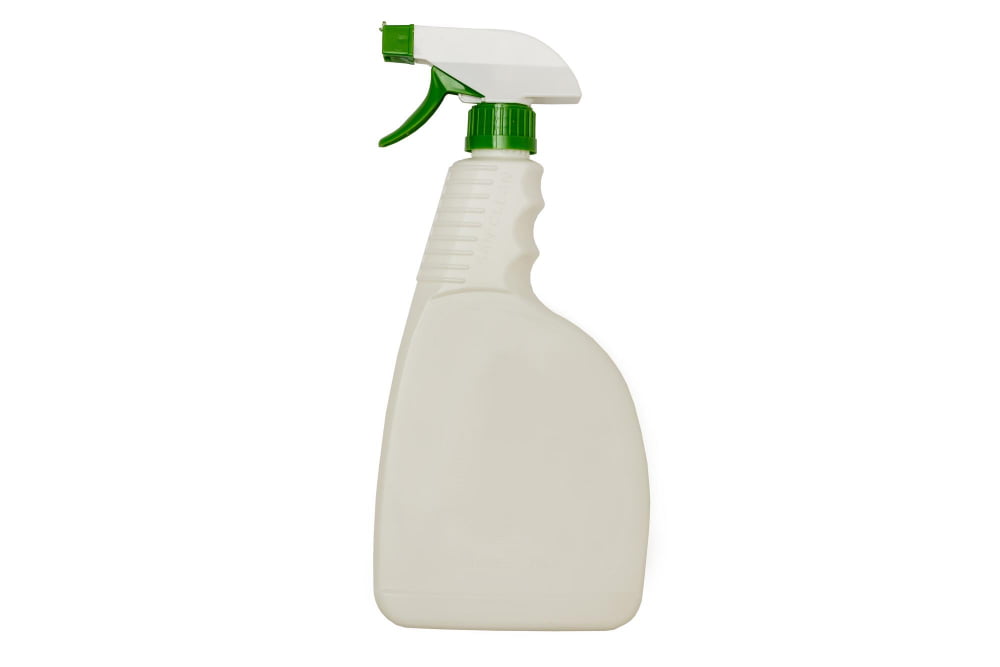
Every method for oil stain removal from your garage floor has its strengths and drawbacks, and, crucially, they don’t all yield the same results. Consider these factors:
1. Degreasers: They’re specifically formulated to break down grease and oil, making them incredibly effective. However, they might not be the most environmentally friendly option.
2. Homemade Solutions: Creates minimal impact on the environment, plus the ingredients are often already in your kitchen. However, they may require a bit more scrubbing effort and time compared to other methods.
3. Industrial Cleaners: These pack a powerful punch and can make short work of even stubborn stains. While they’re highly efficient, they can also be rather harsh, potentially damaging the floor.
4. Vinegar: An inexpensive and eco-friendly alternative, vinegar works well for smaller, newer stains but is less effective on old, deep-set oil stains.
5. WD-40: Not just for stopping squeaks, WD-40 can break down oil stains. However, it’s not intended for use on large areas.
Balancing efficiency with eco-friendliness, cost-effectiveness, and potential floor damage helps determine the most suitable option for your particular situation.
FAQ
How do you get oil out of concrete floors?
To remove oil stains from concrete floors, dilute a few drops of dish soap in a gallon of water and apply the mixture to the affected area.
What are the best homemade solutions for removing oil stains from garage floors?
Applying a poultice made of baking soda and water or scrubbing with a mixture of dish soap and warm water are effective homemade solutions for removing oil stains from garage floors.
How can commercial garage floor cleaners be effectively used for tackling oil spills?
Commercial garage floor cleaners can effectively tackle oil spills by penetrating the surface, breaking down the oil molecules, and then being scrubbed off with a stiff brush followed by rinsing with water.
Can power washing be considered an effective method for removing oil stains from concrete garage floors?
Power washing is indeed an effective method for removing oil stains from concrete garage floors.